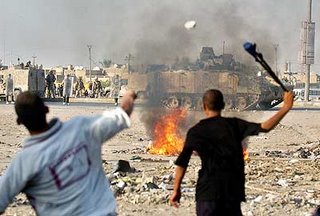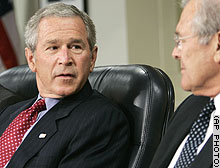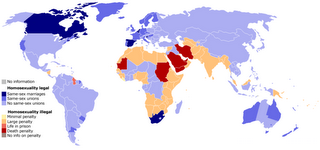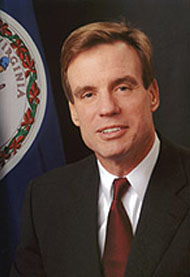 Unless you are married, your government does not believe you have any business having a sex life. Of course, if you are gay or lesbian you really are out of luck since your government doesn’t believe you even have a right to marriage.
Unless you are married, your government does not believe you have any business having a sex life. Of course, if you are gay or lesbian you really are out of luck since your government doesn’t believe you even have a right to marriage.According to an article in USA TODAY by Sharon Jayson, the Bush administration is now revising guidelines specifying that states seeking grants for abstinence education programs "to identify groups ... most likely to bear children out-of-wedlock, targeting adolescents and/or adults within the 12- through 29-year-old age range." Previous guidelines didn't mention targeting of an age group.
According to Jayson,
The federal government's "no sex without marriage" message isn't just for kids anymore.
Now the government is targeting unmarried adults up to age 29 as part of its abstinence-only programs, which include millions of dollars in federal money that will be available to the states under revised federal grant guidelines for 2007.
The government says the change is a clarification. But critics say it's a clear signal of a more directed policy targeting the sexual behavior of adults.
"They've stepped over the line of common sense," said James Wagoner, president of Advocates for Youth, a Washington, D.C.-based non-profit that supports sex education. "To be preaching abstinence when 90% of people are having sex is in essence to lose touch with reality. It's an ideological campaign. It has nothing to do with public health."
Abstinence education programs, which have focused on preteens and teens, teach that abstaining from sex is the only effective or acceptable method to prevent pregnancy or disease. They give no instruction on birth control or safe sex.
The National Center for Health Statistics says well over 90% of adults ages 20-29 have had sexual intercourse.
























